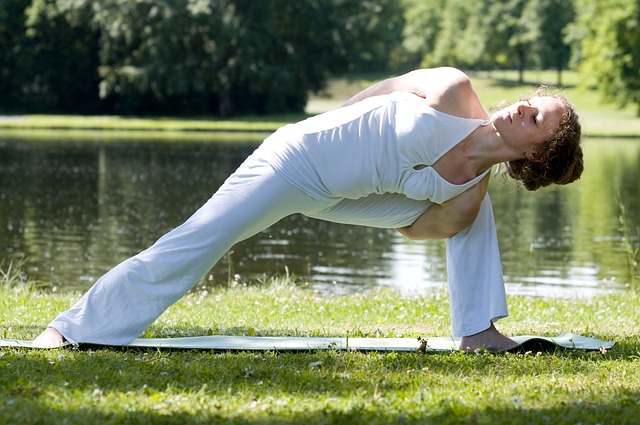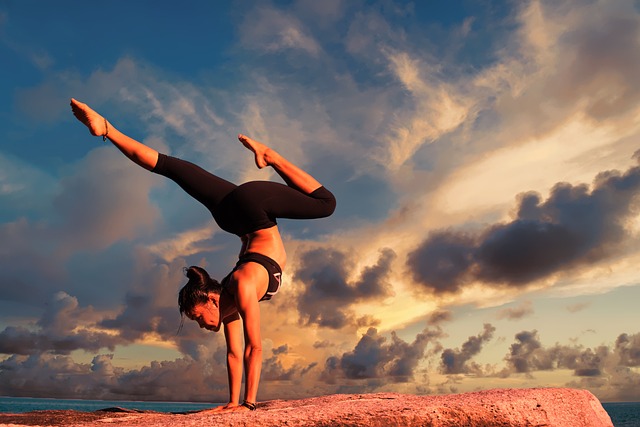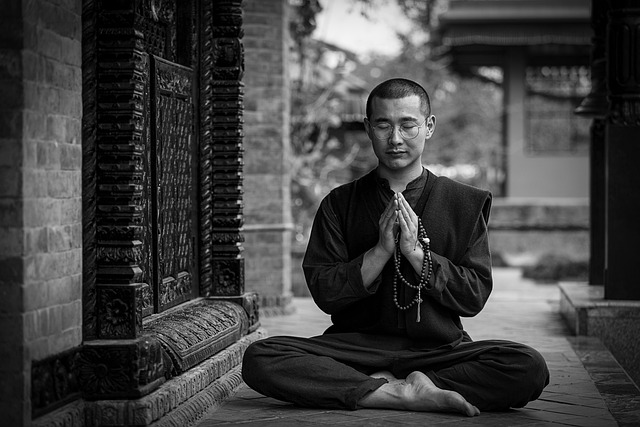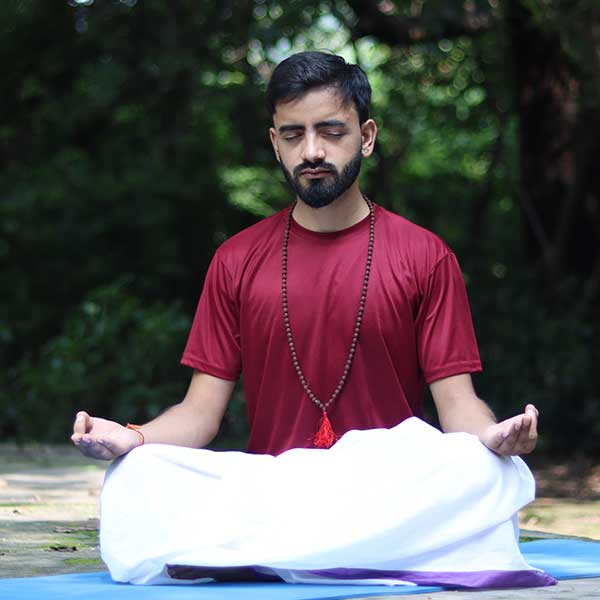
Hatha Yoga: A Path to Physical and Mental Harmony
I. Introduction
A. Definition of Hatha Yoga
Hatha Yoga, derived from the Sanskrit phrases "ha" (sun) and "tha" (moon), specializes in balancing the opposing forces within oneself. It combines bodily postures, breath management, and meditation to improve your usual fitness.
B. Historical Roots of Hatha Yoga
Tracing its origins to historical texts like the Hatha Yoga Pradipika, this practice has been passed down through generations. Its wealth report contributes to its intensity and effectiveness.
II. The Basics of Hatha Yoga
A. Asanas (Postures)
The foundation of Hatha Yoga lies in numerous asanas or postures. These physical poses, beginning from simple to complex, decorate flexibility, power, and balance.
B. Pranayama (Breath Control)
Pranayama includes breath manipulation, a critical detail in Hatha Yoga. Focused breathing techniques help regulate electricity flow, calm thoughts, and beautify attention.
C. Dhyana (Meditation)
Dhyana, or meditation, is a key aspect of Hatha Yoga. It cultivates mindfulness, leading to an experience of internal peace and intellectual readability.
D. Benefits of Hatha Yoga
Hatha Yoga has a huge variety of advantages, which include improved physical health, strain reduction, and higher mental well-being.
III. Getting Started with Hatha Yoga
A. Choosing the Right Environment
Creating a conducive environment is critical for a successful Hatha Yoga exercise. Find a quiet, comfortable space for popularity in your moves and breath.
B. Necessary Equipment
A minimal system is needed for Hatha Yoga, making it available to all. A yoga mat and snug clothing are commonly sufficient.
C. Basic Postures for Beginners
Start with foundational postures like Mountain Pose, Downward Dog, and Child's Pose. These newbie-pleasant poses establish a sturdy base in your practice.
IV. Advanced Practices in Hatha Yoga
A. Complex Asanas
As practitioners develop, they'll discover extra-tough asanas to deepen their bodily and intellectual skills.
B. Advanced Breathing Techniques
Advanced pranayama techniques, inclusive of Ujjayi and Nadi Shodhana, can be integrated to decorate breath management.
C. Deepening Meditation Practices
As meditation abilities develop, practitioners can interact for longer periods, exploring numerous meditation styles for a profound experience.
V. Hatha Yoga and Mental Health
A. Stress Reduction
Hatha Yoga is famed for its capacity to alleviate strain by combining physical motion with targeted respiratory exercises, promoting rest.
B. Anxiety and Depression Management
Regular practice has proven effective outcomes in coping with anxiety and depression, providing a natural and holistic method for mental fitness.
C. Improving Focus and Concentration
The mindfulness cultivated in Hatha Yoga directly contributes to improved awareness and concentration in daily sports.
VI. The Philosophy of Hatha Yoga
A. Balancing Opposites
Hatha Yoga teaches the stability of opposites, symbolized by the sun and moon. This philosophy extends beyond the mat, guiding practitioners to locate equilibrium in their lives.
B. Harmony of Body, Mind, and Spirit
The practice emphasizes the interconnectedness of the body, mind, and spirit, fostering a holistic approach to well-being.
C. Connection to the Present Moment
Mindful motion and breath awareness anchor practitioners inside the gift, improving self-consciousness and lowering mental clutter.
VII. Hatha Yoga and Physical Well-being
A. Flexibility and Strength
Consistent practice improves flexibility and electricity, contributing to better posture, reduced muscle tension, and stronger typical physical fitness.
B. Injury Prevention
The managed and planned nature of Hatha Yoga minimizes the chance of injuries, making it suitable for individuals of all health stages.
C. Enhancing Overall Health
The holistic method of Hatha Yoga undoubtedly affects various physical structures, promoting normal health and power.
VIII. Common Misconceptions about Hatha Yoga
A. It's Only for the Flexible
Contrary to the popular belief notion, Hatha Yoga is inclusive and adaptable, catering to people with varying levels of flexibility.
B. Religious Connotations
While rooted in historic traditions, Hatha Yoga is not tied to any precise religious beliefs, making it accessible to humans from various backgrounds.
C. Hatha Yoga vs. Other Yoga Styles
Understanding the differences between Hatha Yoga and different yoga patterns allows practitioners to choose the method that aligns with their goals and options.
IX. How to Incorporate Hatha Yoga into Daily Life
A. Creating a Consistent Practice
Establishing an everyday exercise routine is prime to experiencing the full benefits of Hatha Yoga. Start with quick periods and regularly grow in length.
B. Integrating Hatha Yoga into Daily Routine
Incorporate Hatha Yoga into daily activities, inclusive of conscious breathing for the duration of work breaks or quick asana classes in the morning.
C. Overcoming Obstacles
Address commonplace barriers like time constraints and lack of motivation by setting sensible goals and locating pleasure within the practice.
X. Testimonials and Success Stories
A. Personal Transformations
Read inspiring stories of people who have experienced profound bodily and intellectual variations via Hatha Yoga.
B. Real-life Examples of Hatha Yoga Benefits
Explore real-life scenarios in which Hatha Yoga has played a pivotal role in overcoming demanding situations and achieving well-being.
XI. The Future of Hatha Yoga
A. Emerging Trends
As Hatha Yoga gains its reputation, new trends and improvements in teaching and exercise are continually rising.
B. Global Acceptance and Recognition
The global reputation of Hatha Yoga as a mainstream well-being practice signifies its enduring effect on individuals worldwide.
C. Innovations in Hatha Yoga Practices
Explore evolving techniques and technology that decorate the traditional exercise of Hatha Yoga.






Leave a Comment